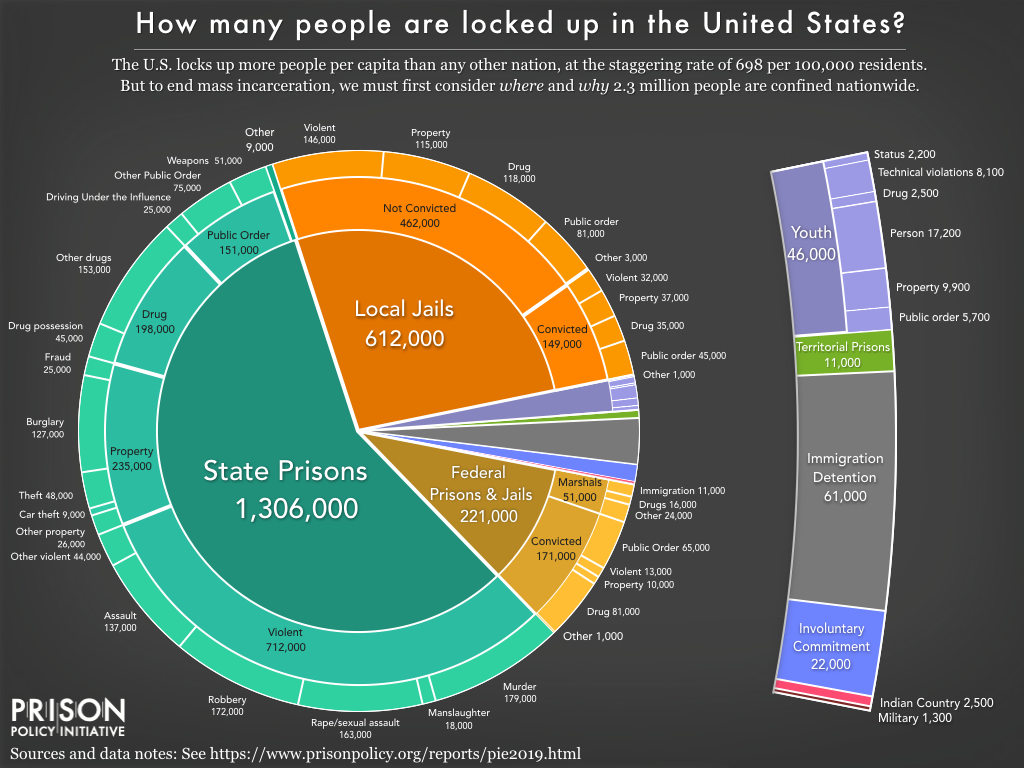Daily Dispatch 5/1/2019
Read more about InAlienable.
Support Quixote Center's InAlienable program!
InAlienable
Daily Dispatch
May 1, 2019
Quixote Center works to defend the human rights and dignity of the most vulnerable by influencing U.S. foreign and immigration policies, through educating our supporters, allied organizations, and government officials, and through actions directed at specific policies. Extreme poverty and vulnerability lead families to make the heartbreaking decision to migrate, to the United States or elsewhere. Our policy priorities address the root causes of migration in Haiti, Nicaragua and across Latin America and the Caribbean. We also defend the rights of migrants in the United States and work toward safe and non-exploitative legal pathways that recognize the important role immigrants play in our society and economy.
We educate our constituencies through:
Quixote Center impacts policies through:
Subscribe here to receive our weekly eblast.
You can view a recent webinar on Weapons Trafficking to Haiti here.
Click here for our latest action.
Read more about InAlienable.
Support Quixote Center's InAlienable program!
InAlienable
Daily Dispatch
May 1, 2019
Read more about InAlienable.
Support Quixote Center's InAlienable program!
InAlienable
Daily Dispatch
April 30, 2019
Read more about InAlienable.
Support Quixote Center's InAlienable program!
InAlienable
Daily Dispatch
April 29, 2019
Read more about InAlienable.
Support Quixote Center's InAlienable program!
InAlienable
Daily Dispatch
April 26, 2019

Read more about InAlienable.
Support Quixote Center's InAlienable program!
InAlienable
Daily Dispatch
April 25, 2019
Read more about InAlienable.
Support Quixote Center's InAlienable program!
InAlienable
Daily Dispatch
April 24, 2019
Read more about InAlienable.
Support Quixote Center's InAlienable program!
InAlienable
Daily Dispatch
April 23, 2019
Read more about InAlienable.
Support Quixote Center's InAlienable program!
InAlienable
Daily Dispatch
April 22, 2019
Read more about InAlienable.
Support Quixote Center's InAlienable program!
InAlienable
Daily Dispatch
April 18, 2019
Read more about InAlienable.
Support Quixote Center's InAlienable program!
InAlienable
Daily Dispatch
April 17, 2019
Read more about InAlienable.
Support Quixote Center's InAlienable program!
InAlienable
Daily Dispatch
April 16, 2019
Read more about InAlienable.
Support Quixote Center's InAlienable program!
InAlienable
Daily Dispatch
April 12, 2019